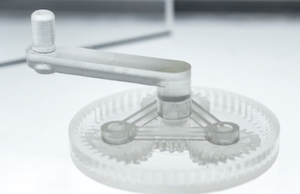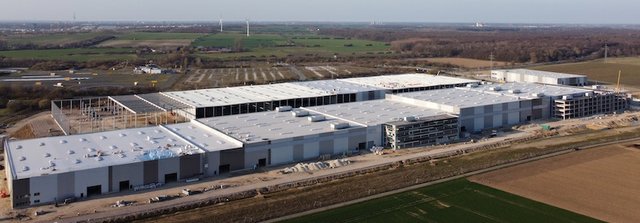HILTON HEAD, S.C.–The tire industry has seen big changes in the last decade witnessed by how the aftermarket is split up, and will see even bigger changes in the future brought on by new automotive technologies, according to Dave Zielasko, publisher of Rubber & Plastics News.
Speaking at the recent Clemson Tire Industry Conference in Hilton Head, he said of 209 million replacement passenger tires shipped in the U.S. in 2017, 144 million were imported. Thailand was the biggest importer of passenger tires, and tire imports from Vietnam grew by 50 percent, he said.
Tire makers, meanwhile, are facing issues of their own, according to Zielasko.
A 25 percent tariff on imported steel is a real threat to U.S. tire manufacturers, because all tire-grade steel is produced abroad, he said.
High raw-materials prices are affecting bottom lines, and the need for a sustainable natural rubber supply is a crucial part of any tire maker’s business plan, according to Zielasko.
“All the majors are trying to get a steady, sustainable natural rubber supply,” he said. This has led them into strategic partnerships with outside organizations, such as Bridgestone with Versalis and Continental with GIZ, he said.
The biggest change for tire makers, however, is autonomous vehicles. General Motors Co. is set to introduce AVs as early as 2019, and global demand for AVs could reach 33 million vehicles by 2040, according to Zielasko.
The advent of AVs and autonomous fleets means several possible things, he said, including:
- Fewer individual owners;
- Greater wear and tear on tires and parts resulting from shared mobility, meaning greater replacement frequency;
- Vehicle miles driven could increase by as many as 3 trillion miles; and
- Increasing importance of vehicle telematics, with data helping predict parts wear and improve forecasting.
“The next step in the evolution of the automobile is where the car becomes more of a software platform supported by electrical and mechanical processes,” said Zielasko, quoting the Automotive Aftermarket Suppliers Association.
“Cars of the future will transform from a product to a service as they become more connected to the Internet of Things, providing driverless transportation and shared ownership.”
Zielasko cited a recent high-level meeting attended by Pirelli’s new CEO Marco Crola that included executives from Volkswagen A.G., Audi, Mercedes Benz and Ford of Europe, where they discussed how the outlook of major tire and auto makers is changing.
“Mr. Crola said in previous such meetings, they talked about things such as performance, speed, handling, vehicle design,” he said. “In this meeting, the conversation focused on connectivity, electric vehicles, shared vehicles and autonomous vehicles. The industry is still figuring out how far along this is.”
In the area of AV fleets, Goodyear is working with Tesloop Inc. to provide tires with wireless sensors to a fleet of autonomous, connected electric Tesla vehicles, Zielasko said. And Ebay.com is launching a tire installation service through its My Garage platform, which is using American Tire Distributors Inc.’s TireBuyer.com platform as a tire seller, he said.
Zielasko also is vice president of RPN parent company Crain Communications Inc. and publisher of Tire Business and European Rubber Journal.
Source : rubbernews.com








